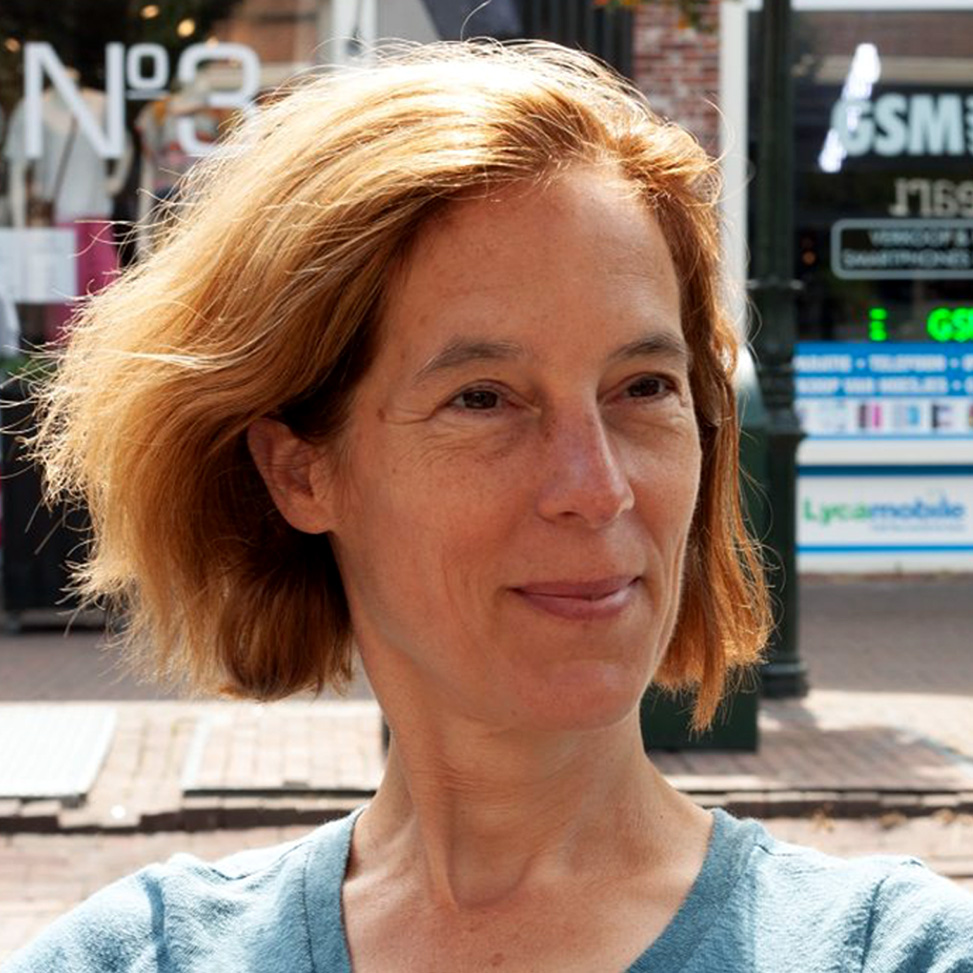Dorothea Heitsch

Education
MA/PhD: University of Washington, Seattle*, Comparative Literature, 1997 BA/MA: Eberhard-Karls-Universität, Tübingen**, French & English, 1992 * Includes study at the University of Washington Rome Center**Includes study at the University of Regensburg and the Université Blaise Pascal, Clermont-Ferrand
About Professor Heitsch
Her research focuses on literature’s intersection with other fields, such as medicine, religion, philosophy, feminism(s), alchemy, or the history of the book. Her primary area of specialization is the Renaissance (14th to 17th centuries and across continents). She has published on Montaigne, Marie de Gournay, Hélisenne de Crenne, Jean Bodin, Antoine de la Salle, Leone Ebreo, Matteo Bandello, Béoralde de Verville, Descartes, and Nietzsche.
Professor Heitsch likes to get undergraduates involved in research and Honors Theses. On the graduate level she regularly serves on dissertation committees.
Publications, Articles, & Presentations
Her first book, Practising Reform in Montaigne’s Essais (Leiden: Brill, 2000), is comparative in nature as it charts six avenues of inquiry (the genre of the essay, style, pedagogy, politics, religion, and historiography) through the lens of one historical reader and enthusiastic admirer of Montaigne's texts, Friedrich Nietzsche.
In her second book, Writing as Medication in Early Modern France: Literary Consciousness and Medical Culture (Heidelberg: Winter, 2017), she examines fifteenth- to seventeenth-century French authors who treat writing as a process of medication and whose literary production effectively yields a therapeutic substance. The textual corpus analyzed ranges from French, Italian, and English to German, Spanish, and (Neo-)Latin.
Some of her articles have appeared in Rhetorica, Literature and Medicine, Renaissance et Réforme, Bibliothèque d’Humanisme et Renaissance, Romanic Review, Montaigne Studies, Erasmus Studies, Ambix, and French Forum.
Building on two collections of essays she co-edited, Printed Voices: The Renaissance Culture of Dialogue (Toronto, 2004) and Early Modern Visions of Space: France and Beyond (Chapel Hill, 2021), she currently works on early modern interreligious dialogue and examines the worth that discussions across the faiths may have held for fifteenth- to seventeenth-century readers and writers within and beyond Europe.
Awards & Honors
2022 Schwab Academic Excellence Award from the UNC-CH Institute for the Arts and Humanities
2021-2022 Recipient of a Transatlantic Mobility Grant jointly sponsored by the Cultural Services of the French Embassy in the U.S., NAFSA, the U.S. Embassy in France, and UNC-CH to expand and diversify study abroad programs between UNC-CH and Université Paul Valéry Montpellier 3.
2016 Chapman Family Teaching Award for distinguished undergraduate teaching
2010-2014 Executive Council of the Modern Language Association of America (MLA)
Having given up tenure in coming to UNC-CH, Heitsch was fortunate, due to her scholarly record and her interest in questions of contingent labor, to be voted onto the Executive Council of the Modern Language Association of America (MLA) as the first Representative of Fixed-Term Faculty in the history of the organization. Concurrently, she served ex officio on the MLA’s Committee on Contingent Labor in the Profession.
Typical Courses
Professor Heitsch regularly teaches intermediate and advanced French language courses as well as content courses at all levels whenever this is needed. She offers an introductory course on “Globalization and the French-speaking World” (FREN 150) and a First-Year Seminar titled “Déjà vu. Medicine and Narration across Time and Space”.
